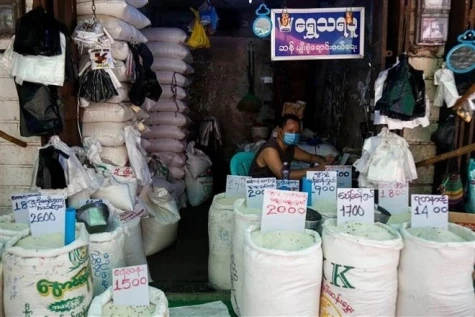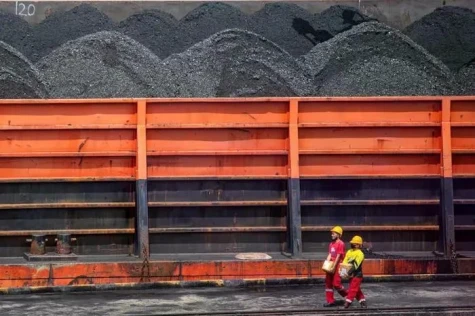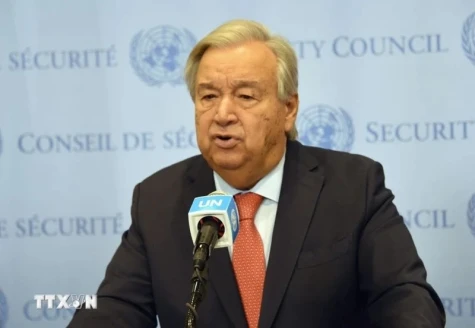After more than three years of arduous negotiations, members of the World Health Organization (WHO) have reached an agreement in principle on an international treaty on pandemic preparedness and response in the future. This is a significant event for global health, as the chaos caused by the COVID-19 pandemic in the past has demonstrated the importance of solidarity and preparation for all scenarios.

WHO Intergovernmental Negotiating Body Co-Chair and French Ambassador for Global Health Anne-Claire Amprou announced that WHO member states have reached an agreement in principle for a pandemic treaty, but noted that the final agreement will need to be ratified by member states.
After more than three years of arduous negotiations, the initial consensus is considered an important step for the countries, raising hopes of completing the agreement in time for the World Health Assembly in May 2025.
Delegates will meet again on April 15, in Geneva, Switzerland to finalise a “landmark” text on the treaty.
Since the initiative to build a global treaty on pandemic response was launched in 2021, when the COVID-19 pandemic was shaking the world health system, negotiation efforts have continuously encountered challenges.
In February 2022, the first meeting of the Intergovernmental Negotiating Body was held. To date, the parties have gone through 13 rounds of intense negotiations with many disagreements and conflicts arising.
The major issues slowing down the pace of negotiations are mainly related to finding ways to share data on dangerous pathogens, or arguing whether the transfer of technology and know-how to produce vaccines, tests and treatments is mandatory or voluntary.
Wiku Adisasmito, a representative of the Indonesian negotiating delegation, said there is a gap in capacity between countries, and developing countries need financial support to strengthen surveillance of emerging dangerous pathogens in animals and the environment.
In addition, the US's failure to participate in the negotiations in 2025 after the US announced its withdrawal from WHO is also a challenge in implementing the pandemic treaty later, because Washington is a major donor to global health programmes.
In that context, the efforts of the parties to resolve their differences and reach an agreement in principle for a global treaty on pandemic response is a positive signal, welcomed by the international community.
According to AFP, the above agreement was reached after a meeting that lasted nearly 24 hours. WHO Director-General Tedros Adhanom Ghebreyesus said this is an extraordinary historical moment and a great gift for future generations.
In the five years since the COVID-19 pandemic broke out and disrupted global economic and social life, taking the lives of millions of people, the world has always been in a state of one epidemic not yet over, another has arrived.
WHO once declared monkeypox a global public health emergency, the highest level of alarm that the organisation can give, allowing the activation of emergency responses in countries around the world.
In 2024, more than 200 disease outbreaks were recorded in Africa, with cholera, measles, dengue, monkeypox and diphtheria identified as the most damaging diseases.
Noting that the next pandemic is only a matter of time, WHO Director-General Tedros Adhanom Ghebreyesus stressed that it is “now or never” to reach a global agreement on responding to future pandemics.
The pain and loss of the COVID-19 pandemic in the past is a reminder of the need for a framework to unite, bring countries together, and outline a plan to respond to epidemic disasters to save many lives.
NDO






























